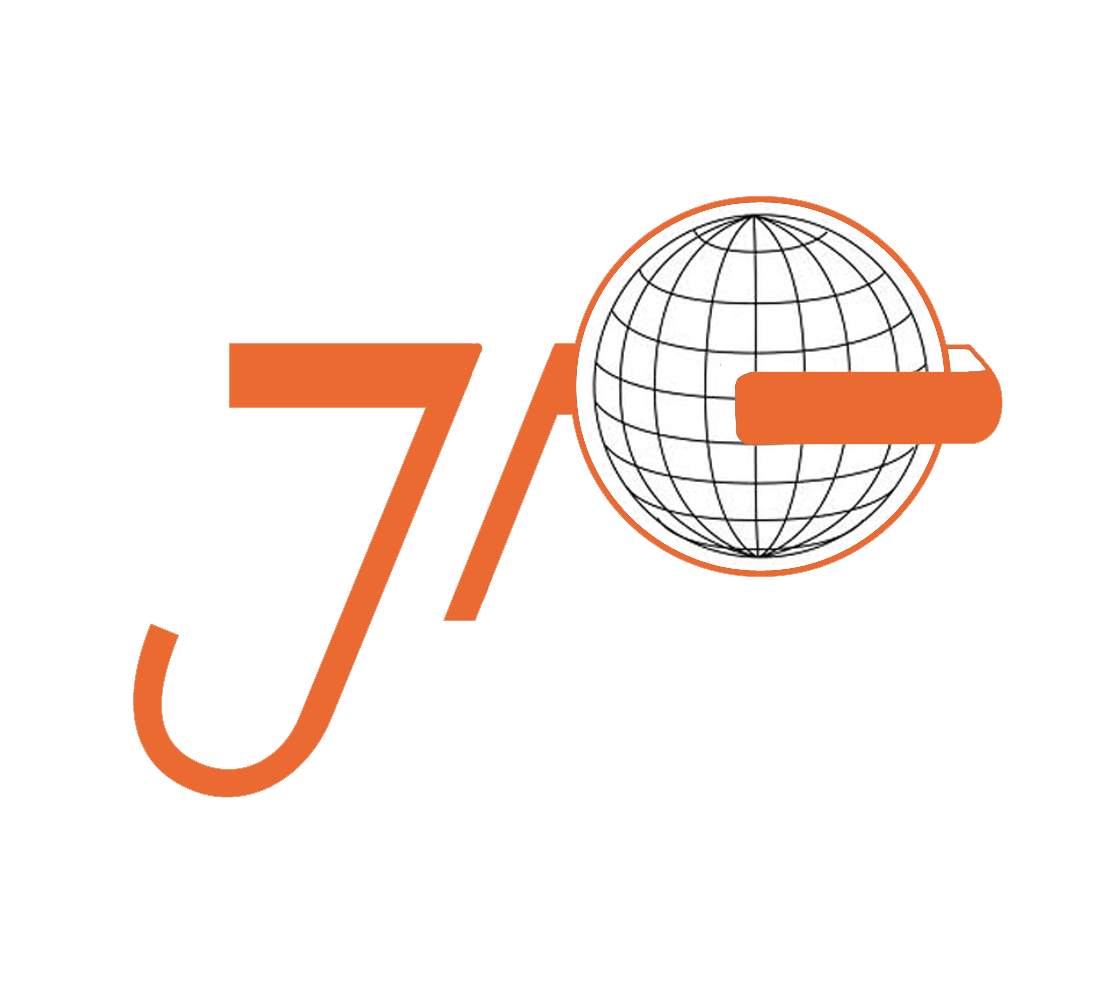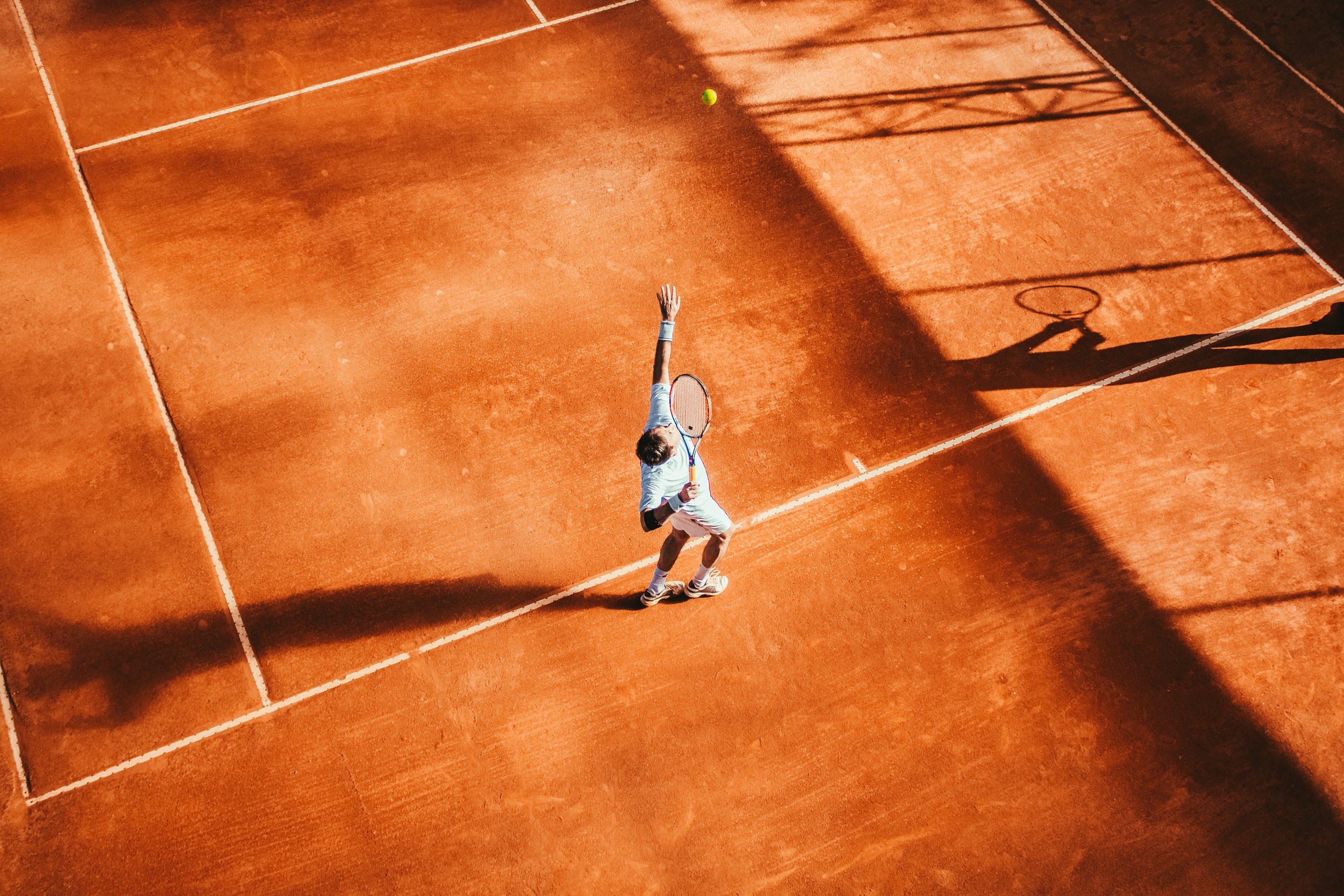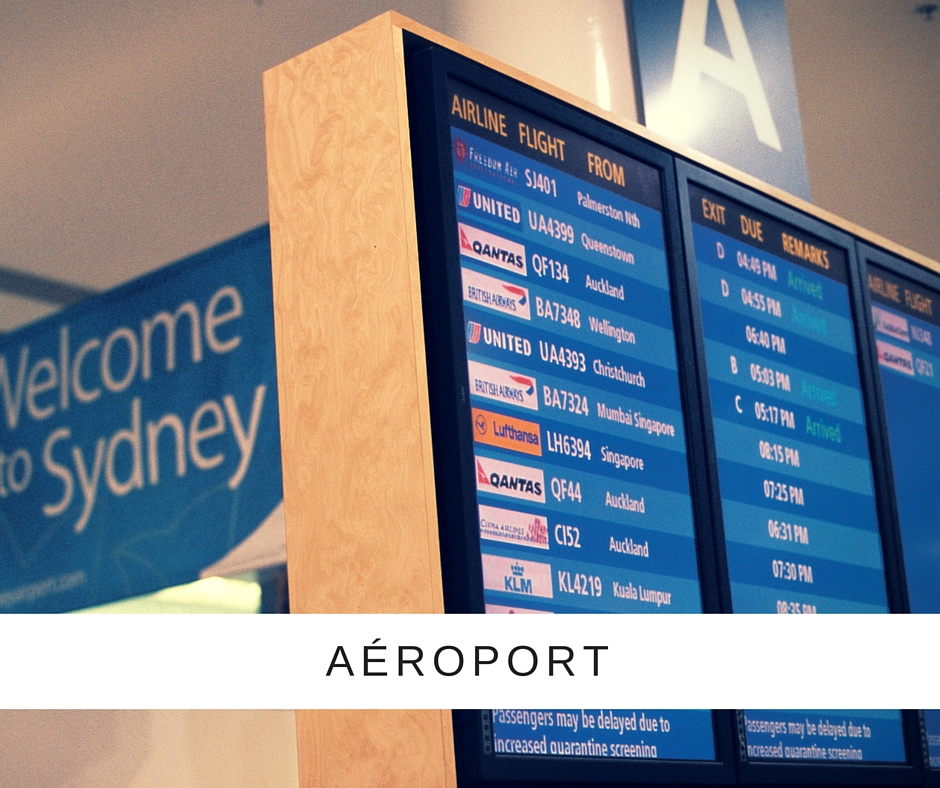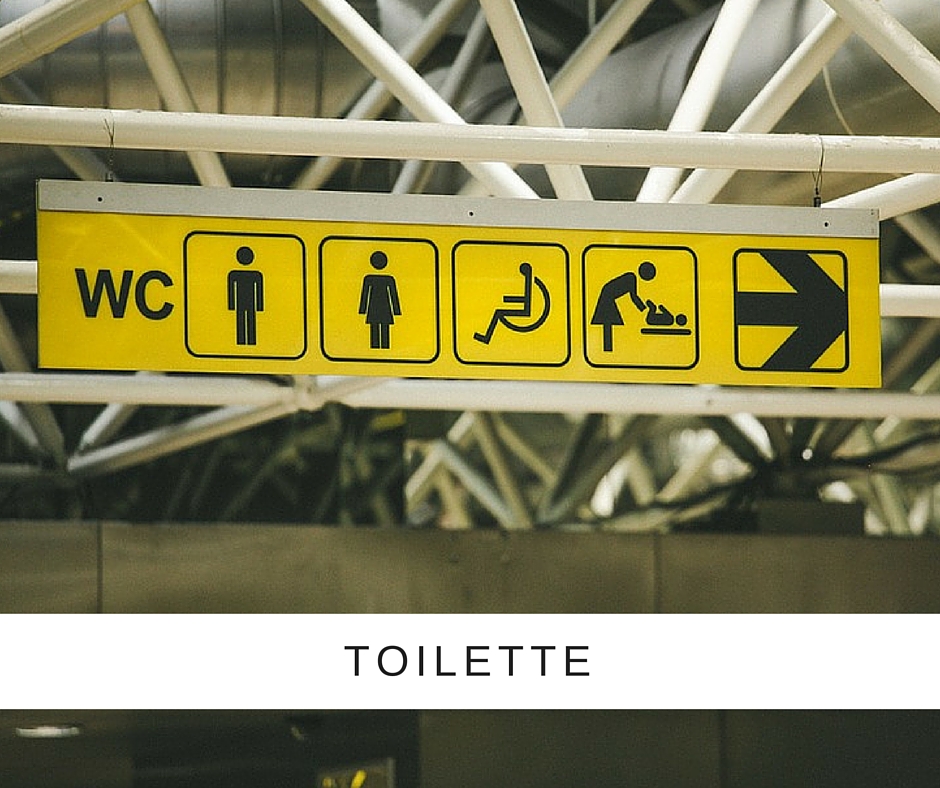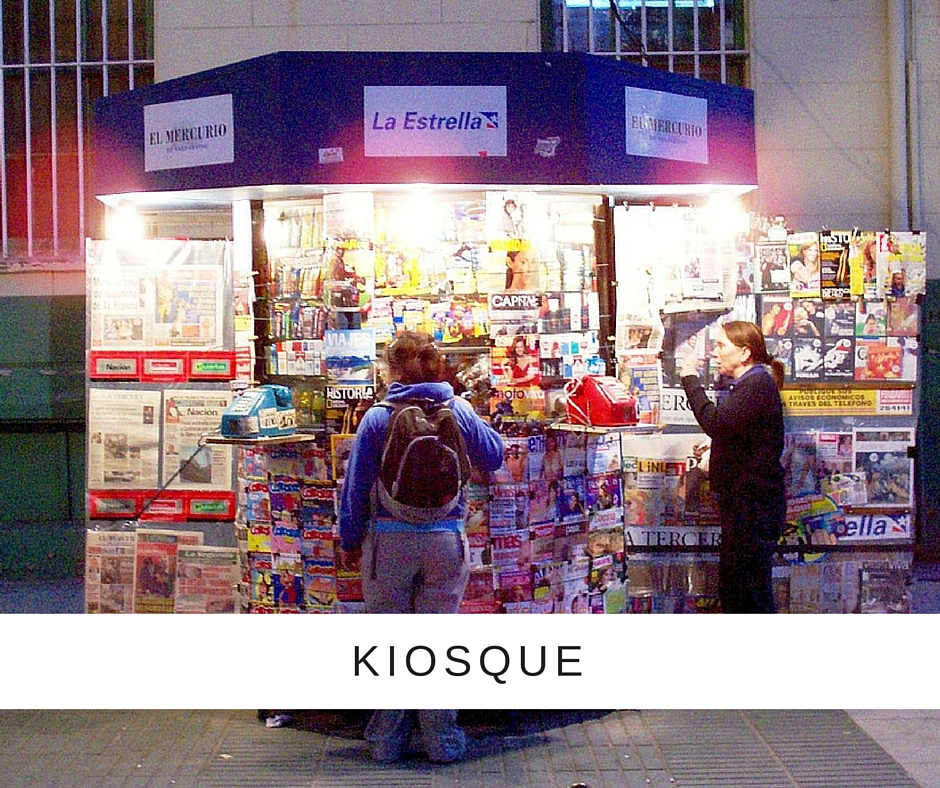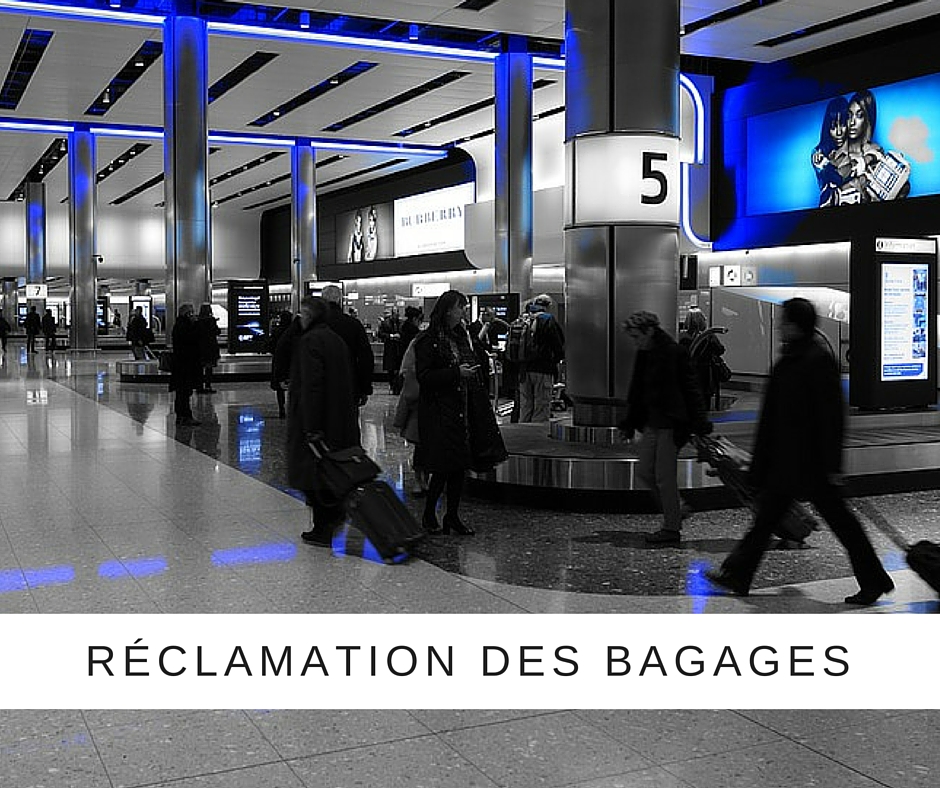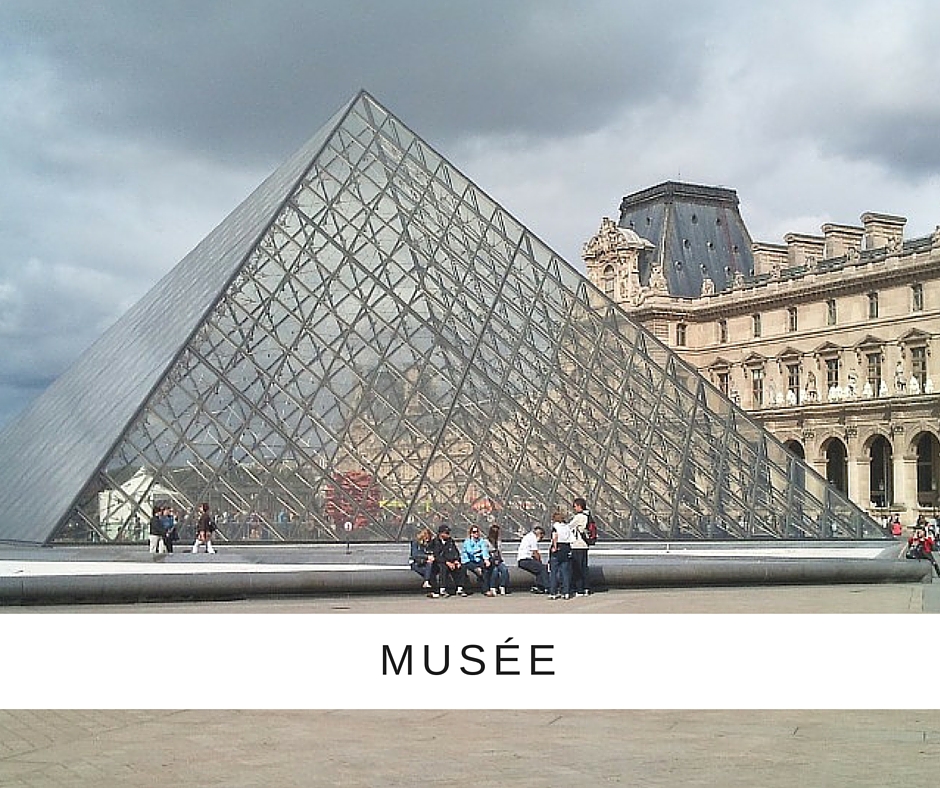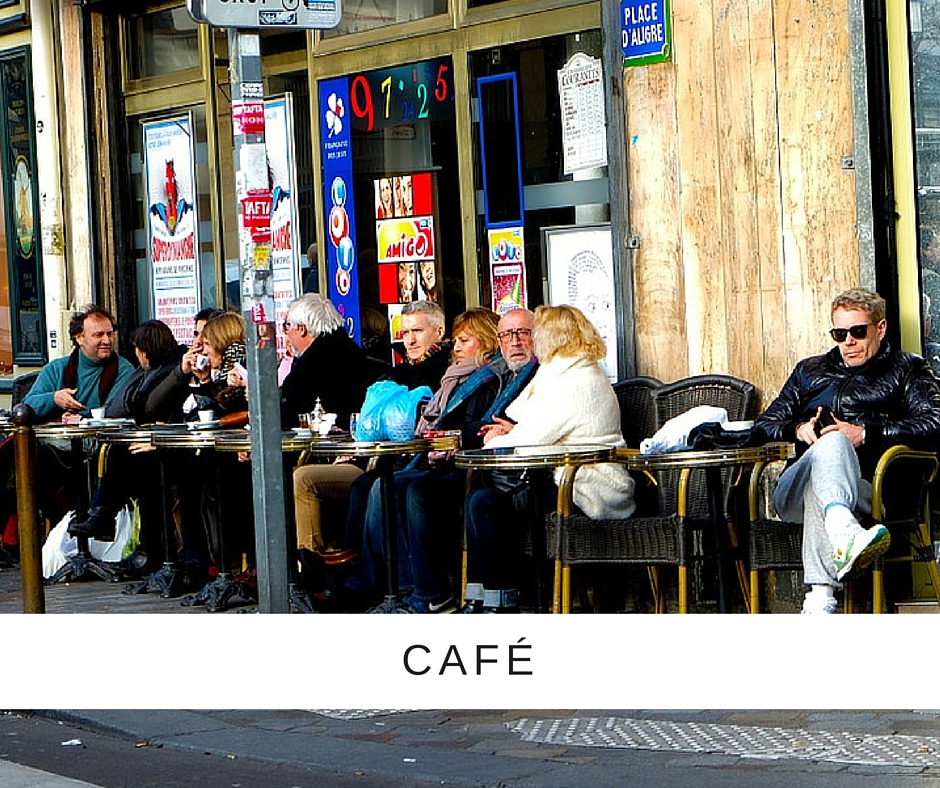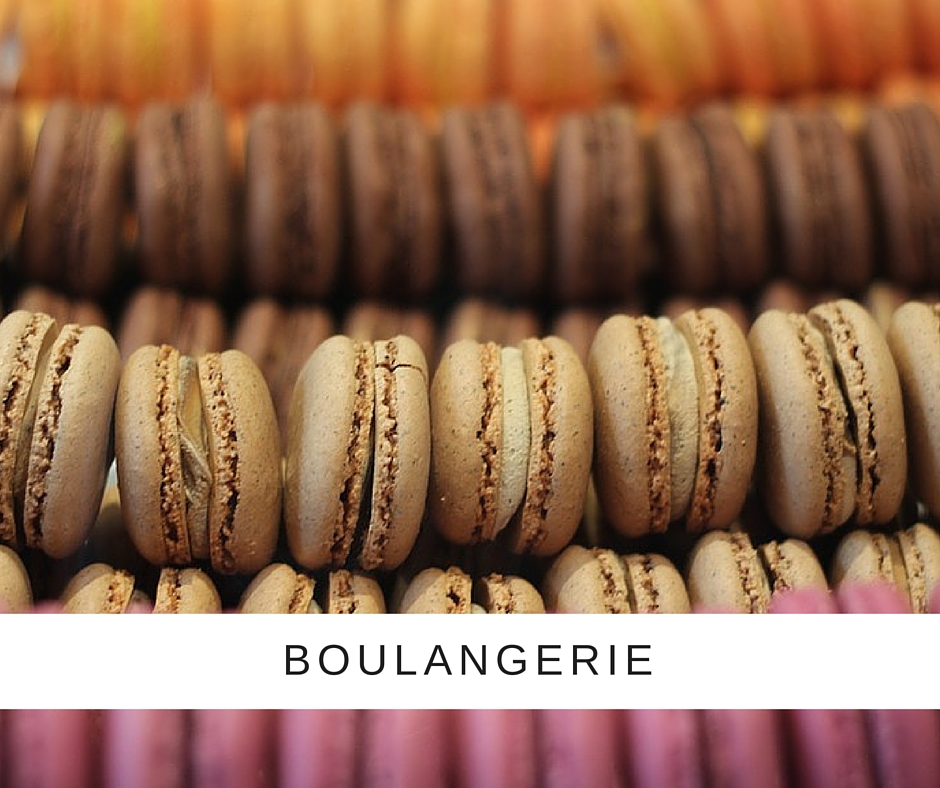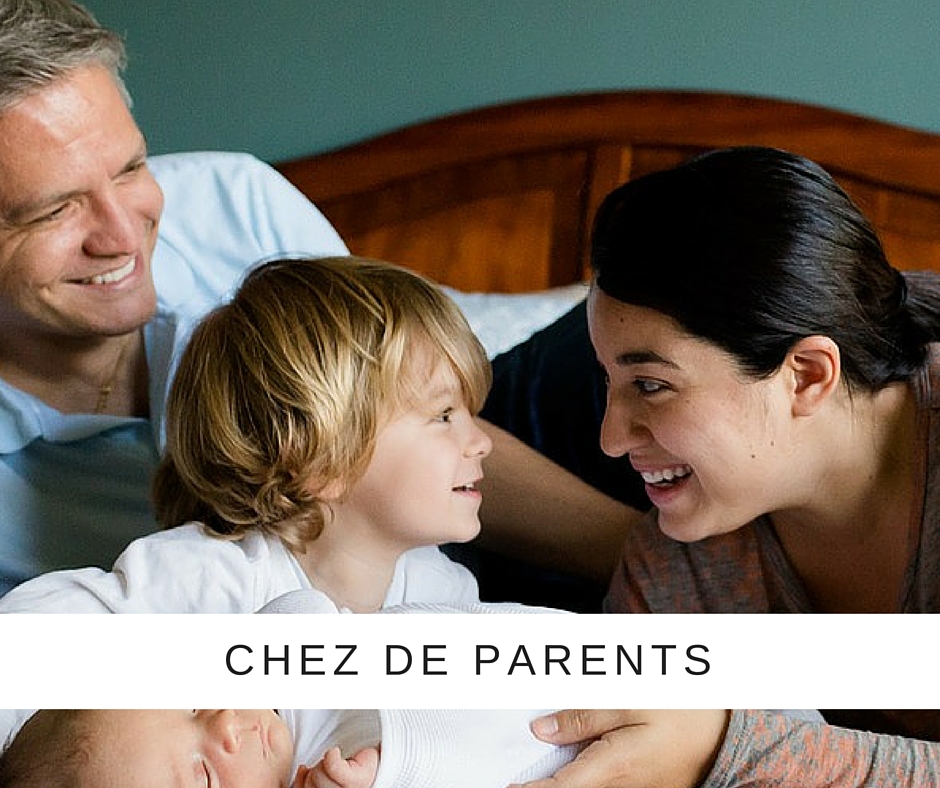
Hauts-De-France: Where Dutch and French Collide
Things get a little Flemish north of Paris.
You may be thinking that Dutch and French happily coexist in one country and one country only: Belgium. Unfortunately for map-makers everywhere, nothing about language is that simple.
France is a country that shares borders with eleven other countries. Naturally, these borders have shifted over the course of centuries due to both the whims of the nation’s ruling class and international politics. Years after international borders have mostly hardened, these two languages continue to intermingle and influence each other in the far north of France. They do so many miles (or kilometers) away from the birthplace of the Latin language that gave rise to the French that we know, love, and study.
The map of present day France does not do that great of a job reflecting the linguistic diversity of the country. We are left with a rough hexagonal shape, L'Hexagone (not to mention the les DOM-TOM) in which accents, dialects, and languages span a country that is roughly the size of Texas. In order to create a stronger sense of nationalism and make governing easier, French rulers have taken on a policy of strong standardization when it comes to the nation’s language. This blog post over at talkinfrench.com notes that French (Parisian) replaced Latin to become the standard language of law and administration back in 1549, but it wasn’t until the 1880s when the French government began to impose French in educational settings.
Hauts-de-France
The Hauts-De-France region of France is at the tippy top of the aforementioned hexagon. Created in 2015, it’s a combination of the Nord-Pas-de-Calais and Picardy. Two of its biggest attractions are the capital metropolis of Lille, a reborn vestige of a once-thriving French rust belt, and the port city of Calais, which welcomes ships coming from all over the world and is known for its proximity to England.
Lille resides roughly 125 miles away from Paris, the city that has centralized and standardized the French language over the past few centuries. The city is also just a few miles from the Belgian border, a country whose official trilingual status— Dutch, French, and German are all official languages there- makes it an outlier among many monolingual European countries.
Languages Up North
The Hauts-de-France region hadn’t always been so monolingual, and up until recently was home to a thriving landscape of Standard French, Picard, and Flemish (or Western Dutch). Its regional accents are so iconic that there’s a movie dedicated to satirizing them, Bienvenue Chez Les Ch’ti’s. Ch’ti is a more common name for Picard, the language of the north. Picard is a Romance Language, and is spoken in Picardy and in parts of Belgium. Native-level speech is typically only found in for older populations. Picard has no official status in France, but it was granted recognition as a regional language in Belgium by its Wallonia-Brussels Federation. If you want to check out some written Picard, there is a copy of the Universal Declaration of Human Rights translated by the UN. Picard’s spelling was never standardized, but many people looking to record and study the language have gravitated towards the Feller-Carton orthography.
Lille has such a Flemish history that it even has a name in the language, Risjel. It resides in a region that was historically called French Flanders. Flemish, a variant of Dutch (a Germanic Language), was spoken in French Flanders up until 50 years ago by some accounts. Unfortunately, Flemish isn’t as popular as Picard among academics, so its legacy is not being as actively preserved by scholars. Unlike Picard, there is no standardized system of writing. Years ago, though, there used to be a yearbook called De Franse Nederlanden/Les Pays-Bas Français that was marketed towards the country’s Flemish-speaking population. It documented life in French Flanders, but is sadly no longer in print circulation. Both Picard and Flemish are predicted to be extinct by the end of the 21st century.
A map from the 1994 issue of De Franse Nederlanden
What the Future Holds
Hope for preserving Flemish culture remains! A newer website called Les Plats Pays is the successor to the print-editions of De Franse Nederlanden, and its team is working hard to keep Flemish life alive in the Hauts-de-France region. Some people even believe that knowledge of Dutch will help keep Flemish alive in academic and scholarly settings. Regardless, brushing up on your Nederlands will help you to fully appreciate the local life and culture on your next trip to Northern France!
Thanks for Reading!
Planning a trip to Flanders anytime soon? Brush up on both your French and your Dutch! Be sure to share this article with your friends, and give it a heart.
(Thumbnail photo by Dimitri Houtteman)
A Brief History of The French Open
There’s more to the story than red courts.
In America, the U.S. Open brings out the best in tennis talent, however we often forget that just 10 years after the first event that across the world, a tournament that holds equal prestige would begin.
The French Open is an annual tennis tournament held over two weeks in May and June. Established in 1891, The French Open has been played since 1928 on outdoor red clay courts at the Stade Roland Garros in Paris, France and is one of the four Grand Slam tournaments played each year.
The first winner of the Championship was the British player H. Briggs who was a member of Club Stade Français which entitled him to compete. French players were dominant in the early stages of the tournament, in particular Max Decugis, who won eight titles before the outbreak of the First World War.[10] Once the open became viable to international challengers in 1925, France's victory in the 1927 Davis Cup increased interest in the tournament and required a new stadium to be built.
Jack Crawford's victory in 1933 was the 1st time a foreign player had won the tournament since 1891. Following his victory, no French players won the title up until 1940, when the tournament was suspended following the outbreak of the WW2, though it was held unofficially under the name: Tournoi de France. Marcel Bernard won the first event after the end of the war in 1946; he was the only Frenchman to win the event before the advent of the Open era in 1968.
No one player dominated the event during this period until in 1968, when professional players were allowed to compete with amateurs as an official “open.” Previously only amateurs could compete in the Grand Slam tournaments.
Australian Ken Rosewall, was the first Grand Slam tournament to be played in the Open era. Michael Chang later became the youngest man to win the French Open when he beat Stefan Edberg in 1989. Prolific tennis phenom, Rafael Nadal won his first open in 2005 and held a streak until 2008. After losing to Robin Söderling in 2009, he regained his title from 2011 - 2014 and was defeated in 2015 by Novak Djokovic.
2005 marked Rafael Nadal's first French Open; he won four consecutive titles from 2005 - 2008. Nadal was beaten in 2009 tournament by Robin Söderling but regained the title in 2010 and defended his crowns in 2011, 2012, 2013, and 2014. In the 2015 event, he was eliminated in the quarter-finals by Novak Djokovic.
As we move into 2019, Nadal plans to continue his streak starting in 2017 to continue building on his 11 championship wins. This year’s French Open will take place May 20–Jun 9, 2019 and can be streamed via the EuroSport website.
We hope you’ve enjoyed A Brief History of The French Open! Are you looking forward to watching the open in its native language this year? Our native instructors and culturally immersive group classes are sure to help you celebrate with every winning announcement! Click below to learn more.
Fall Vocabulary for French Beginners
The only word not in this quiz is “pumpkin spice latte.”
In the fall, the smell of autumn dances across the cobblestone streets of Paris as the warm-colored leaves drift over vineyards in the South of France. For tourists, this time of year is one of the 'hidden gems' to be discovered for an authentic traveling experience as busy Parisians head back to work, farmers are back to tending their farms and kids are back to school ('La Rentrée'). So why not take advantage of this glorious time of France's landscape by brushing up on your French vocab? Below we have included a few fall-inspired photos and a very short quiz to help build your Fall Vocabulary for French Beginners! Let's see how many terms you can translate from English to French (*take note of plural words or verbs). Click 'Traduire' to see the correct translations. We hope you enjoy!
Take the quiz!
Match the English terms above to the French translations below. Try your best at guessing the terms by breaking the word into syllables and recognizing similarities in the terms to the English language. Click 'Traduire' to see the correct responses.
French Vocabulary to Use While Traveling
Some useful phrases to know for your next trip to a Francophone port of call.
It is no secret that we are huge fans of traveling! Yes, we are a little biased, but most of our students feel the same. Thus, we thought it would be helpful to put together some French vocabulary that comes in very handy while traveling. Check out all of the tools below (including audio pronunciations) and a quiz at the end. We hope you can utilize the helpful tips on your next trip abroad. Bonne Voyager!
Preparing For The Trip
Yes, traveling is inspiring. You might imagine sipping a warm coffee amidst the cobblestone streets of Paris and just the mere thought brings a smile to our faces. But, in order to make this journey a pleasant reality, the key is in the preparation. This means packing and planning accordingly, thinking ahead and strategizing. So, we shall focus on the verb Préparer or To Prepare. To keep things simple, I have included the conjugations for this verb in the present tense only. Take a look at the chart below and try saying the words aloud.
To make sure you are pronouncing the words correctly, I have included an audio guide below. This recording is from Jean-Philippe, one of our native French instructors at JP Linguistics. Take a listen and try to saying the conjugations aloud with Jean-Philippe.
Now that we are familiar with the conjugations of Préparer, let's try building a sentence. In order to do this, we need some more vocabulary which I have included in the images below. Take a peek at some of the terms such as Le Passport, Des Gants, and Un Pull and try saying the words aloud.
Now we can build a few sentences using the Je or 'I' form using the conjugations above. Instead of using the other forms (Tu, Il/Elle, etc), we'll just keep it simple with the Je form throughout this article. The format for building the sentence looks like this:
SUBJECT + VERB + (PREPOSITION) + NOUN
Here are a few sample sentences. Try reading these and saying them aloud. Below is an audio guide to help. It repeats each sentence twice.
1. Je prépare le sac (I prepare the bag)
2. Je prépare mon passport (I prepare my passport)
3. Je prépare mon appareil photo (I prepare my camera)
4. Je prépare mon portable pour le voyage (I prepare my cell phone for the trip)
5. Je prépare des lunettes pour mon voyage (I prepare glasses for my trip)
Your turn! Try making a few sentences using the new vocabulary above.
It's Time to Go
Now that you have packed your bags and are ready for your trip, it's time to go. Thus, we shall focus on the verb Aller or To Go. This is a very common and useful verb to know in French. However, it is an irregular verb, so the conjugations might look strange compared to other French verbs. Take a look at the conjugations and try saying them aloud. Then try memorizing them. To help you, I have included an audio guide just below the verb chart.
The next step is for us to look at a few nouns we can imagine ourselves going to. This will help us to build a few sentences to practice. Take a look below and see if you recognize these places. Then, try saying their names aloud.
Now it's time for us to build some sentences to practice. Again, we will use the Je or 'I' form only in the present tense, using the sentence structure below. To help guide you, listen the audio recording below which includes each sentence repeated twice:
SUBJECT + VERB + (PREPOSITION) + NOUN
1. Je vais à la gare (I go to the train station)
2. Je vais aux toilettes (I go to the toilet)
3. Je vais à la sécurité de l'aéroport (I go to the airport security check)
4. Je vais au kiosque (I go to the newspaper stand)
*notice the à la /au/aux in each sentence. It's important to always include the articles before the noun.
Now it's your turn! Try making a few sentences using the vocabulary above.
You Made It
Now that the you have come to your destination, you can sit back and relax. This is the time when you can enjoy arriving to the location you have dreamed of for so long. So, we shall focus on the verb Arriver or To Arrive. Take a look at the conjugation chart below and trying saying it aloud using the audio recording just beneath it as a guide.
Now we can use a few more vocabulary nouns to help us build some practice sentences. Take a look at the images below and try saying their names aloud.
Wonderful! Now, let's build a few sentences in the Je form, present tense. We can use the following sentence structure as a guide along with the audio recording for pronunciation recognition:
SUBJECT + VERB + (PREPOSITION) + NOUN
1. J' arrive à mon hotel (I arrive at my hotel)
2. J' arrive à la boulangerie (I arrive at the bakery)
3. J' arrive au café (I arrive at the cafe)
4. J' arrive chez* mes parents (I arrive at my parent's house)
* Notice the preposition chez to indicate people's house.
Now it's your turn! Try forming a few new sentences by using the vocabulary above.
We hope you enjoyed reading French Vocabulary To Use While Traveling. More importantly, we hope you can use some of these new vocabulary tips on your next trip to France! Please feel free to share this with your friends and family and include some of your favorite French travel phrases in the comments below. If you are looking for Private French Lessons or French Group Classes taught by native instructors, please visit JP Linguistics for more information!
Now, let's test the knowledge you have just learned with a little quiz. How many of these sentences can you translate correctly? Try your best not to scroll up. Once you click the 'Traduire' button below, the correct answers will be revealed. Ready, set, go!
The French Travel Quiz
Learn French at the Gym
The best French verbs to keep you motivated while working out.
While being physically active, try infusing these French verbs into your repetitive movements. It is the perfect time to infuse language learning as your brain is more expansive and cohesive during physical activity. In fact, there are a number of studies that prove the benefits of infused learning & physical active being combined together. So next time you grab your bright blue yoga mat, keep the following in mind and repeat, repeat, repeat. Namaste.
STEP 1: Getting To The Gym
We all know that one of the hardest parts of going to the gym is actually getting outside of our daily routines and repeatedly going. What you may not have thought of is that French could be the motivator to get you there! By infusing French into your gym workout, you can 'kill two birds with one stone' and learn a new language while being active. Try looking at the thoughts below and practice the French verbs every morning before your next session:
Thought #1 "I'm too tired to go to the gym"
While this may be true if you are like most New Yorkers who work 14-hours a day, any French person knows that being 'too tired' is not an excuse for avoiding staying slim and healthy. Thus, let's turn this frown-up-side-down with the verb 'must.' For example, I must go to the gym. Period. No excuses, just straight forward French thinking. The verb 'Must' in French is 'Droit.' Below is the conjugation of this verb along simple sentences to practice using it. Try saying the verb out loud, along with the audio recording below:
Je dois aller au sport. (I must go to the gym.)
Tu dois aller au sport. (You must go to the gym.)
Il/elle doit aller au sport. (He/She must go to the gym.)
Nous devons aller au sport / on doit aller au sport. (We must go to the gym.)
Vous devez aller au sport. (You (plural) must go to the gym.)
Ils /elles doivent aller au sport. (They must go to the gym.)
Let's continue to use this verb in a new way of thinking. For example 'I must get stronger,' 'I must lose weight,' 'I must stay active & healthy.' Take a look at these sentences below using the same conjunctions from above and practice them utilizing the audio recordings as a guide.
Thought #2: "I must get stronger"
Je dois devenir plus fort. (I must get stronger.)
Tu dois devenir plus fort. (You mush get stronger.)
Il/elle doit devenir plus fort(e). (He/She must get stronger.)
Nous devons devenir plus fort/On doit devenir plus fort. (We must get stronger.)
Vous devez devenir plus fort(e)s. (You (plural) must get stronger.)
Ils/elles doivent devenir plus fort(e)s. (They must get stronger.)
Thought #3: "I must lose weight"
Je dois perdre du poids. (I must lose weight.)
Tu dois perdre du poids. (You must lose weight.)
Il/elle doit perdre du poids. (He/She must lose weight.)
Nous devons perdre du poids. (We must lose weight.)
Vous devez perdre du poids. (You (plural) must lose weight.)
Ils/elles doivent perdre du poids. (They must lose weight.)
Thought #4: "I must stay active & healthy"
Je dois rester actif/active et en bonne santé. (I must stay active & healthy.)
Tu dois rester actif/active et en bonne santé. (You must stay active & healthy.)
Il/elle doit rester actif/active et en bonne santé. (He/She must stay active & healthy.)
Nous devons rester actifs/actives et en bonne santé / On doit rester actifs/actives et en bonne santé. (We must stay active & healthy.)
Vous devez rester actif/active et en bonne santé. (You (plural) must stay active & healthy.)
Ils/Elles doivent rester actifs/actives et en bonne santé. (They must stay active & healthy.)
STEP 2: YOU made it to THE GYM
Amazing! Now that you have forced yourself to go to the gym with the verb 'Droit,' let's kick it into high gear with some physical motions you might actually use while there like 'To Run,' 'To Lift' (weights), 'To Sweat,' and 'To Stretch.' To keep things simple, we will speak in the present tense and will use the same sentence for each verb for practice. Try memorizing the conjugations for each verb by saying them out loud using the sentences below. When you are at the gym in real life, say these sentences to yourself as practice. Ready, Set, GO!
Je cours. (I am running.)
Tu cours. (You are running.)
Il/Elle court. (He/She is running.)
Nous courons / On court. (We are running.)
Vous courez. (You (plural) are running.)
Ils /elles courent. (They are running.)
Je pousse des poids. (I am lifting weights.)
Tu pousses des poids. (You are lifting weights.)
Il /Elle pousse des poids. (He/She is lifting weights.)
Nous poussons des poids / On pousse des poids. (We are lifting weights.)
Vous poussez des poids. (You (plural) are lifting weights.)
Ils / Elles poussent des poids. (They are lifting weights.)
Je transpire. (I am sweating.)
Tu transpires. (You are sweating.)
Il/Elle transpire. (He/She is sweating.)
Nous transpirons / On transpire. (We are sweating.)
Vous transpirez. (You (plural) are sweating.)
Ils /Elles transpirent. (They are sweating.)
Je m'étire. (I am stretching.)
Tu t'étires. (You are stretching)
Il /Elle S'étire. (He/She is stretching.)
Nous nous étirons / On s'étire. (We are stretching.)
Vous vous étirez. (You (plural) are stretching.)
Ils/Elles s'étirent. (They are stretching.)
STEP 3: you had a great workout
Now that you made it through an amazing workout, you are feeling proud and happy for the healthy decisions you made. At this point you are ready for a quick shower and to head back home/apartment for a relaxing moment and possibly even a snack. Some congratulatory phrases you use to reward yourself are "I did it!" and "I am the best!" From these phrases come the verbs "To Do," and "To Be." Take a look at them below and use the audio to practice each sentence. Next time you complete a workout, make sure to say these positive phrases to yourself for all of your handwork. Heck, just for making it all the way through this article, you should say them all to yourself after practicing a few times through. Keep up the good work!
J'ai réussi! (I did it!)
Tu as réussi! (You did it!)
Il /Elle a réussi! (He/She did it!)
Nous avons réussi! / On a réussi! (We did it!)
Vous avez réussi! (You (plural) did it!)
Ils / Elles ont réussi! (They did it!)
Je suis le/la meilleur(e)! (I am the best!)
Tu es le/la meilleur(e)! (You are the best!)
Il /Elle est le/la meilleur(e)! (He/She is the best!)
Nous sommes les meilleur(e)s! / On est les meilleur(es)! (We are the best!)
Vous êtes les meilleur(e)s! (You (plural) are the best!)
Ils /Elles sont les meilleur(e)s! (They are the best!)
Congratulations on all of your handwork! You made it through the Learn French at the Gym. Just like physical activity, you need to continue to excise your brain. By incorporation these exercises into your workout routine, you'll be expanding your French knowledge in a great way. Do your best to memorize these verbs and say them over and over while doing different activities. You will thank yourself next time you travel to France! For more tips and useful French instruction or to register for Private Lessons or Group Classes, visit the JP Linguistics website HERE!
